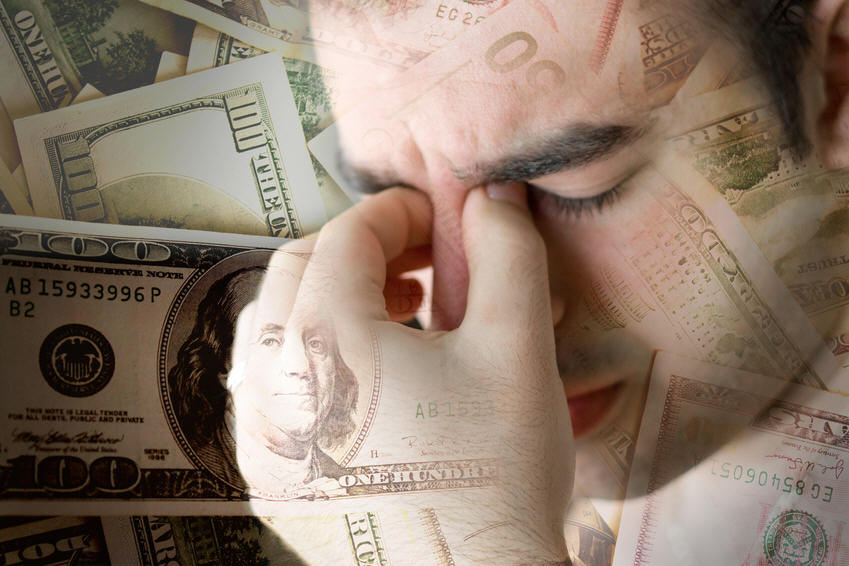Chapter 7 protects you and your assets with the automatic stay. Chapter 13 goes a big step further by also protecting your co-signers and their assets.
The first three chapters of the Bankruptcy Code—chapters 1, 3, and 5—include code sections that tend to apply to all of the bankruptcy options. In contrast, the code sections within chapters 7 and 13 apply only to cases filed under those chapters. Because the automatic stay—your protection from collection by creditors that kicks in as soon as your bankruptcy case is filed—applies to all bankruptcy cases, it is found in one of the earlier chapters of the code. It’s in chapter 3, section 362.
But the very first section of chapter 13—section 1301—also deals with the automatic stay, and adds another layer of protection that only applies to cases filed under Chapter 13.
The core of section 1301 states that once a Chapter 13 case is filed, “a creditor may not act, or commence or continue any civil action, to collect all or any part of a consumer debt of the debtor from any other individual that is liable on such debt with the debtor.”
This means that a creditor on a consumer debt, who is already stopped by the general automatic stay provisions of section 362 from doing anything to collect a debt directly from the debtor, is also stopped from collecting on the same debt from anybody else who is co-signed or otherwise also obligated to pay that debt.
If you think about it, that’s rather powerful. You are given the ability to protect somebody—often somebody your really care about—who is not filing bankruptcy and so is not even directly in front of the court. The person being protected may not even know that you are protecting them from the creditor.
This “co-debtor” protection does have some important conditions and limits:
1. It applies only to “consumer debts” (those “incurred by an individual primarily for a personal, family, or household purpose”).
2. For purposes of this code section, income tax debts are not considered “consumer debts.” So spouses on jointly filed tax returns or business associates with whom you share a tax liability are NOT protected.
3. This protection does not extend to those who “became liable on… such debt in the ordinary course of such individual’s business.”
4. Creditors can ask for and get permission to pursue the otherwise protected co-debtor to the extent that:
(a) the co-debtor received the benefit of the loan or whatever “consideration” was provided by the creditor (instead of the person filing the bankruptcy), or
(b) the Chapter 13 plan “proposes not to pay such claim.”
5. This co-debtor stay evaporates as soon as the Chapter 13 case is completed, or if it’s dismissed (such as for failure to make the plan payments), or converted into a Chapter 7 case.
Choosing between Chapter 7 and 13 often involves weighing a series of considerations. If you want to insulate a co-signer or someone liable on a debt with you from any adverse consequences of your bankruptcy case, that is one consideration that will likely push you in the Chapter 13 direction because of the co-debtor stay.


